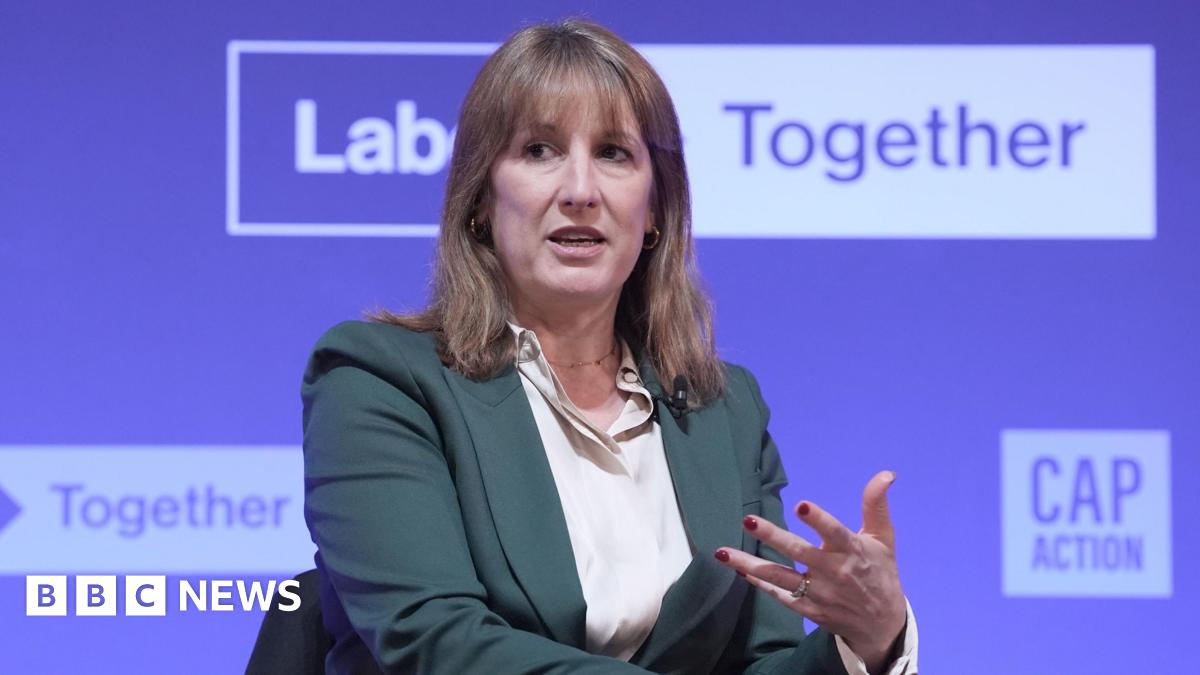The yield on the benchmark 10-year government bond has risen 0.11% or 11 basis points – a very big move in a short time. Sterling was also lower, falling 0.3% to 1.313 US dollars.
Reeves had not publicly confirmed she would raise income tax rates but had refused to rule it out.
Earlier this month, she also delivered a pre-Budget speech in which she emphasised the need to make “necessary choices” and warned that everyone would have to “contribute”.
If the chancellor has decided not to increase income tax rates, she will have to explore other ways to raise money, in order to meet her self-imposed rules on debt and borrowing while filling a bigger-than-expected hole in the public finances of around £20bn.
She could still opt to extend a freeze on income tax and National Insurance (NI) thresholds. The freeze was introduced in April 2023 and had been due to expire in 2028.
That would mean as salaries rise more people would be pulled above the income threshold at which they either start paying tax and NI or qualify for higher tax rates.
The Institute for Fiscal Studies estimates extending the freeze by two years could raise £8.3bn a year and would mean someone on the minimum wage would be liable to pay income tax if they worked just 18 hours a week.
Another option would be to lower the thresholds which would raise more money than simply extending the freeze.
